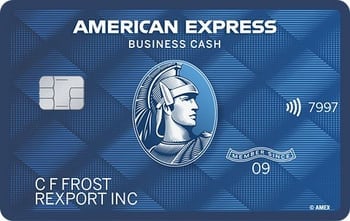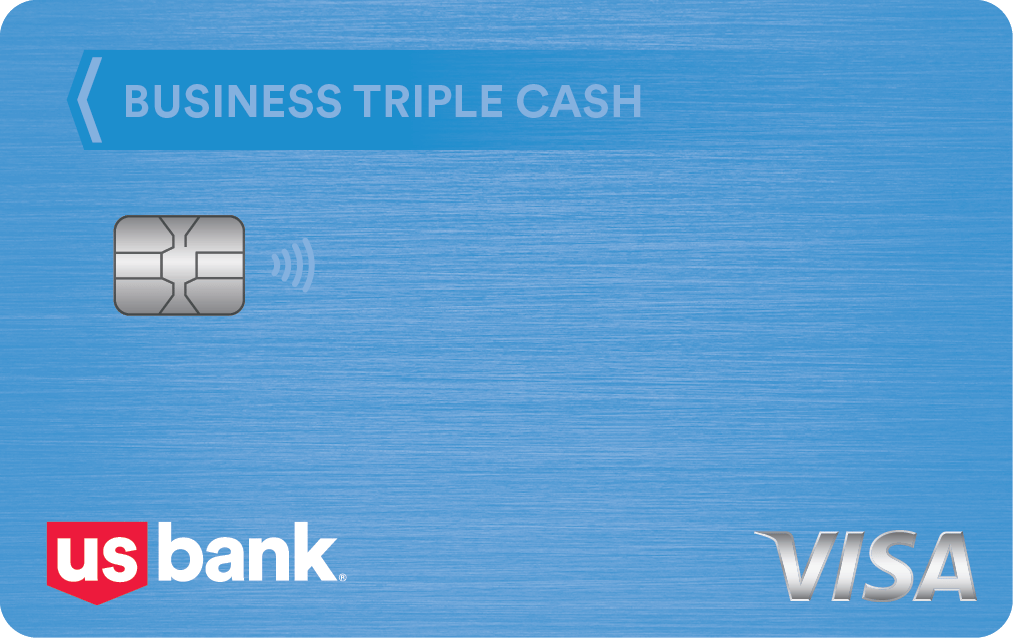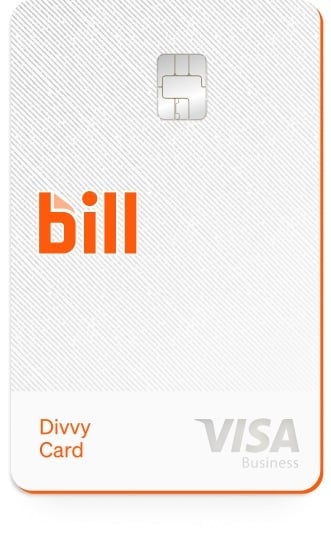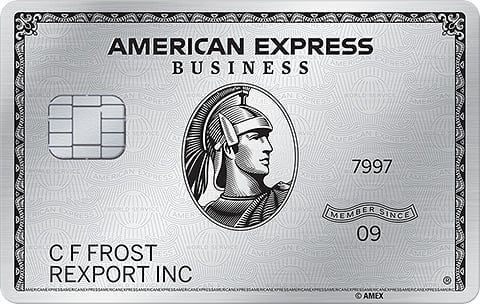Do Business Credit Cards Affect Personal Credit Score?
Most card issuers report negative information about your business credit card use to personal credit bureaus.

Many, or all, of the products featured on this page are from our advertising partners who compensate us when you take certain actions on our website or click to take an action on their website. However, this does not influence our evaluations. Our opinions are our own. Here is a list of our partners and here's how we make money.
Most business credit cards can affect your personal credit score in two ways:
- Applying for a small-business credit card will likely result in an immediate, but temporary, hit to your personal credit score due to a hard inquiry from the card issuer. Scores usually rebound quickly after such inquiries.
- Several business credit card issuers will report late payments and serious delinquencies to consumer credit bureaus. This could have a greater negative impact on your personal credit.
Factors like credit utilization and on-time repayment generally won’t affect your personal credit score. These can, however, help you build your business credit.
🤓 Nerdy Tip
When business card activity is reported to consumer credit bureaus, it only affects the primary cardholder — the individual who applied for the card and personally guaranteed the debt on the account. If you’re an employee carrying a company-issued credit card, it shouldn’t affect your personal credit. Which business credit cards report to personal credit bureaus?
Late payments can show up on your personal credit report (and negatively impact your score) if you have a business card through most major card issuers:
| Will the issuer report small-business credit card activity to consumer credit bureaus? | |
|---|---|
| American Express | Yes, but only negative information. |
| Bank of America | Yes, but only if your account is not in good standing. |
| Capital One | Yes, with some exceptions (see below). |
| Chase | Yes, but only if the account is seriously delinquent. |
| Citi | Citi may report your activity to credit bureaus. |
| U.S. Bank | Yes, but only if the account is seriously delinquent. |
| Wells Fargo | Yes, but only negative information. |
Capital One reports all business card activity to both personal and business credit bureaus, with two exceptions: the Capital One Spark Cash Plus and the Capital One Venture X Business. These business charge cards will only show up on your personal credit report if you don’t pay your bill.
Which credit cards can help you build business credit?
All of the major business credit card issuers — including American Express, Bank of America and Capital One — report card activity to commercial credit bureaus, and their cards can be good tools to build business credit.
There are three main business credit bureaus: Dun & Bradstreet, Experian and Equifax. Card issuers typically aren’t very forthcoming about which they report to. But if you’re working on a specific business credit score, the following cards may be able to help:
U.S. Bank Triple Cash Rewards Visa® Business Card
Reports to: Dun & Bradstreet
The U.S. Bank Triple Cash Rewards Visa® Business Card offers cash-back rewards and a generous welcome offer and intro APR period for a $0 annual fee. It offers a high rewards rate (3% cash back) on bonus categories — such as office supply stores and gas stations — with 1% cash back on other eligible purchases. This card only reports to Dun & Bradstreet, which is something to consider if you’re working to build your score with another specific reporting bureau.
BILL Divvy Corporate Card
Reports to: Small-Business Financial Exchange (SBFE)
Unlike other corporate cards, sole proprietors who meet certain criteria can qualify for the BILL Divvy Corporate Card. With no annual fee, the biggest draw of this card is the integration of its expense management system, which is linked directly to all spending (including employee spending) on your credit line, helping you streamline expense reporting and bookkeeping and reducing manual processes.
The BILL Divvy Corporate Card reports to the Small Business Financial Exchange (SBFE), which is not a business credit bureau itself, but a centralized data exchange that business credit bureaus and lenders draw information from.
AmEx Business Platinum
Reports to: Dun & Bradstreet, Experian, Equifax, SBFE
The Business Platinum Card® from American Express reports to all major business credit bureaus, helping you build business credit while offering some of the best travel perks on the market, including access to over 1,550 airport lounges in over 140 countries around the world. The annual fee of $895 is steep, but it can be worth it if you’ll take advantage of all its premium benefits such as airline and hotel credits. Terms apply.
No matter which card you choose, responsible usage is key. That means paying on time (or early) and keeping your credit utilization — how much you’ve used of your available credit — below 30%.
Ready to choose a business credit card?
Select your business type to see our top picks.
How business credit cards appear on your personal credit report
When business credit card activity shows up on your credit reports, it’s treated the same as any other credit card debt by the two main credit scoring methods, FICO and VantageScore. Data from that account will affect your length of credit history, credit utilization and payment history, among other factors.
When you apply for a small-business credit card, the card issuer will likely perform a hard inquiry, which will show up on your credit report. Issuers check your personal credit because it’s a key factor in their decision to approve you for a card; your personal credit history helps issuers assess their risk.
Beyond that:
- If you pay on time and stay well under your limit: Your business credit card may help your business credit score. This could make it easier to qualify for loans on good terms and negotiate government contracts. If your card is from Capital One, which reports activity to consumer credit bureaus for most of its business cards, this may also help your personal credit score.
- If you miss a payment or use too much available credit: Your business credit card could hurt both your personal and business credit scores. Even if you close your card, its history could stay on your personal credit reports for up to 10 years.
Even if your business card doesn't report to consumer bureaus, the personal guarantee remains in effect: The primary cardholder is on the hook for the debt on the account. If that debt goes unpaid and ends up in collections or court, that could be reflected on your personal credit report and damage your credit scores.
Should you get a business card that doesn't affect your personal credit?
Most business cards affect your personal credit in some way. Corporate cards, like Ramp and Brex, are the main exception. Most corporate cards do not require a personal credit check and will not show up on your personal credit report. However, these cards are only available to incorporated businesses and typically require strong annual revenue and a good business credit score.
Capital One’s two options that don’t report activity to consumer credit bureaus (the Capital One Spark Cash Plus and Capital One Venture X Business) are both business charge cards. These cards require you to pay your balance in full each month, and you’ll need excellent personal credit (a FICO score of at least 720) to qualify. If those cards don’t fit your business, though, you’re better off prioritizing ones that do — even if they might affect your personal credit.
To view rates and fees of The Business Platinum Card® from American Express, see this page.
Article sources
NerdWallet writers are subject matter authorities who use primary,
trustworthy sources to inform their work, including peer-reviewed
studies, government websites, academic research and interviews with
industry experts. All content is fact-checked for accuracy, timeliness
and relevance. You can learn more about NerdWallet's high
standards for journalism by reading our
editorial guidelines.











